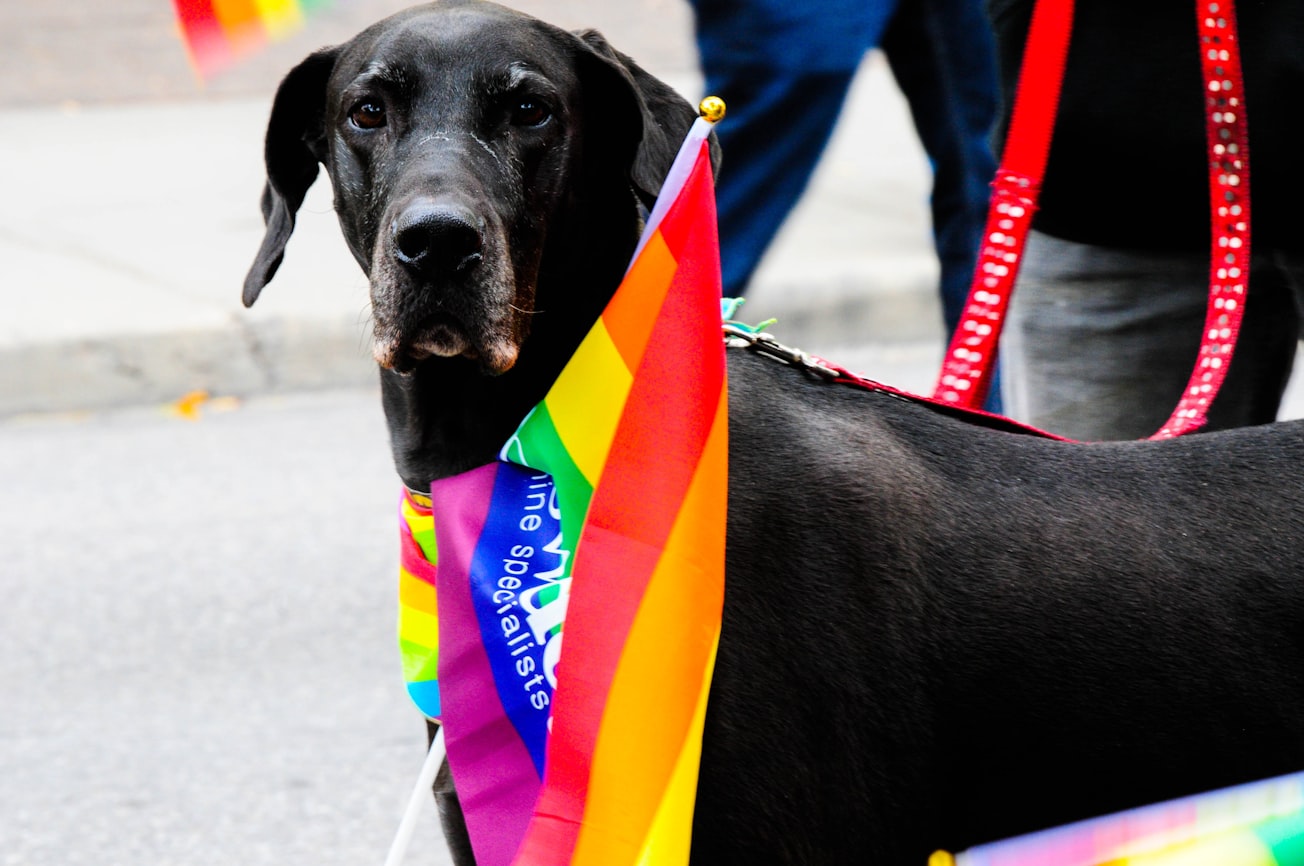What is it about?
Many straight, cisgender individuals consider themselves allies of the lesbian, gay, bisexual, transgender, and queer (LGBTQ+) community and often proclaim this on social media or by displaying signage on their belongings. However, do these self-proclaimed allies truly come across as allies to LGBTQ+ individuals? What criteria must be met for a straight, cisgender person to be recognized as an ally by the LGBTQ+ community? To answer these questions, we conducted a series of studies to investigate how LGBTQ+ individuals determine if someone is an ally, and what the consequences of those perceptions were. Our research found that LGBTQ+ participants identify a good ally as someone who: 1) demonstrates lack of prejudice by embracing LGBTQ+ identities, lifestyles, and choices; 2) takes action by speaking out against discrimination and educating themselves on the issues; and 3) displays humility by listening to LGBTQ+ voices without dominating conversations on these topics.
Featured Image

Photo by Toni Reed on Unsplash
Why is it important?
LGBTQ+ individuals frequently experience discrimination and rejection from people in their social networks, ultimately damaging their mental and physical well-being. However, having positive and affirming relationships could reduce this problem. Our research found that when friends, family, and coworkers demonstrate strong allyship, LGBTQ+ individuals tend to have higher self-esteem, greater life satisfaction, and lower stress. In addition, we discovered that allies themselves can enjoy increased closeness and trust with LGBTQ+ individuals who perceive them as allies. In summary, being a good ally not only benefits those with marginalized gender and/or sexual identities in their surroundings, but also positively impacts the ally. In essence, good allyship benefits everyone involved.
Perspectives
I originally embarked on this project with the personal goal of being the best ally I can to my LGBTQ+ family, friends, and colleagues. I am thrilled that the project evolved to offer evidence-based guidance to all those who aspire to be allies.
Jacqueline Chen
University of Utah
Read the Original
This page is a summary of: Antecedents and consequences of LGBT individuals’ perceptions of straight allyship., Journal of Personality and Social Psychology, March 2023, American Psychological Association (APA),
DOI: 10.1037/pspi0000422.
You can read the full text:
Contributors
The following have contributed to this page







